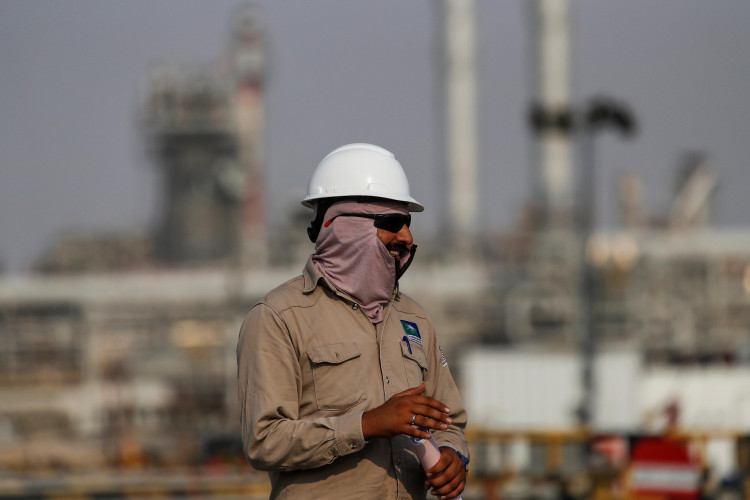Saudi Arabia announced on Monday that amid a global supply surplus, it would jack up its oil exports to a record 10.6 million barrels per day starting May, escalating a price conflict with Russia.
At 17-year lows, oil prices are being crushed, as the coronavirus pandemic risks a painful global recession that could further weaken demand.
Saudi Arabia plans to raise its exports of crude oil by about 600,000 barrels per day from May onwards, taking the total exports of Saudi petroleum to 10.6 million barrels per day, an official of the Ministry of Energy disclosed, as cited by the official Saudi Press Agency.
The Kingdom has made good on its promise to increase oil exports this month, with a first tranche of crude already enroute to Europe and the United States, a strong indication that the price showdown is still in effect.
According to ship-tracking data, Saudi Arabia has loaded some of the supertankers it hired earlier this month to improve its capacity to hike exports. Riyadh has also taken advantage of the last few weeks to move vast volumes of the commodity to storage in Egypt, a stepping stone to the European market.
Saudi Arabia's announcement came as US President Donald Trump, a close ally of the Saudi crown prince, spoke Monday with his Russian counterpart Vladimir Putin with regards plunging oil prices and impact on US exports.
The two leaders have agreed to hold "demand talks" between the US and Russia through their energy ministers, Moscow officials said.
Saudi Arabia had been exporting about 7 million barrels per day under an agreement to reduce outputs among a 24-member alliance of producers known as OPEC+ which included Russia.
Last week, Saudi Arabia dismissed rumors of possible negotiations with the Russians to seal a deal to control oil prices that proceeded to plunge on Monday, with WTI Crude plummeting by 5.5 percent to $20.33.
According to analysts no agreement can save the market at the moment as demand deflation in the coming weeks could hit 20 million barrels per day, or more.
With oil prices at their lowest point in almost two decades, U.S. State Secretary Michael Pompeo asked the Kingdom specifically last week to "step up to the occasion and persuade" the energy sector, the diplomatic language for ending the oil price confrontation.
Trump and Putin, decided on Monday in a phone call that "current oil prices aren't in the interests of our nations," according to a Kremlin spokesman, although he refused to tell what might be done to improve the situation.






